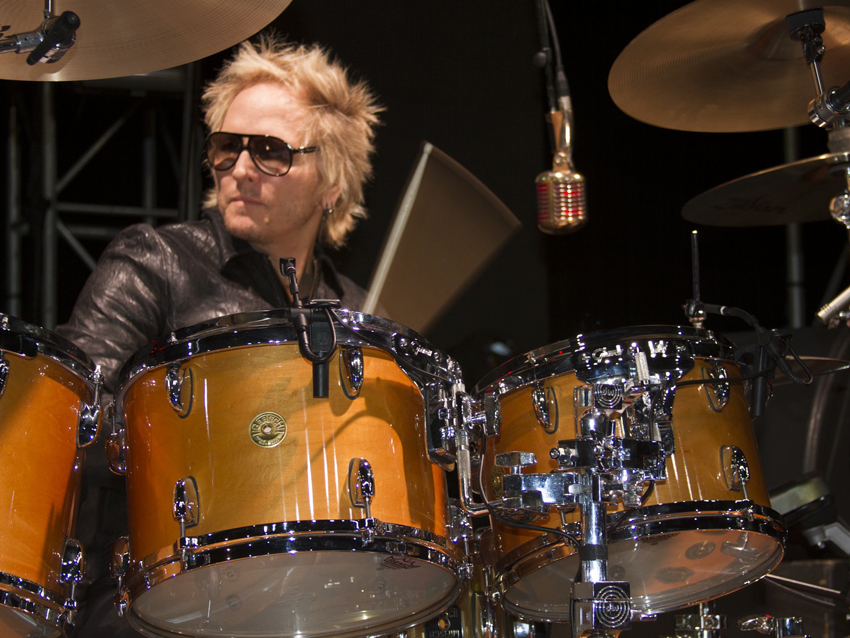
Matt Sorum: the 10 records that changed my life
With his upcoming second solo record, Stratosphere, Matt Sorum knows that he's throwing his audience a curve. From the steel-guitar flavored, Americana-tinged opener The Sea to the elegiac piano-and-strings-laced ballad Josephine to the dramatic, church organ-driven title track closer, it's a stylistic country mile from the widescreen hard rock of Guns N' Roses, Velvet Revolver and The Cult, all of whom have been powered by Sorum's robust, world-class drum chops.
"I've always loved singer-songwriters like Joni Mitchell and Neil Young, people who can take you right inside their feelings," he explains. "All the songs on this album started out on a piano or acoustic guitar, and I think that's what gives them an intimate sound. I wanted to do something that was straight from my heart, something that I could feel confident about singing at this stage in my life."
While Sorum admits that it might take a minute for some of his fans to adjust to the sight of him strumming a guitar and fronting a band (he calls his new outfit Matt Sorum's Fierce Joy), he notes that singing doesn't come unnaturally to him. "A lot of times, I was the only guy who could sing in key except for the lead vocalist," he says. "Backgrounds and harmonies would usually fall on my shoulders. My mom was a vocal coach, so I grew up being surrounded by singing.”
Sorum recorded Stratosphere in his home studio during the bulk of last year with an ear toward creating a sustained album experience. He hopes, in some way, that the disc might harken back to the records of his youth. "People are over-stimulated these days," he says. "They jump around and can’t focus on any one thing anymore. When I was a kid, listening to a record was so important. My entire day was built around it. There's something deeply human about those albums. They were made by people together in rooms, cutting to tape – listening to them, it's like you were there. If I can try to give somebody that same feeling with my music, then I've really succeeded."
Matt Sorum's Fierce Joy's Stratosphere will be released on March 11th. You can pre-order the album at this link. On the following pages, Sorum runs down his picks for 10 "life-changing" albums.
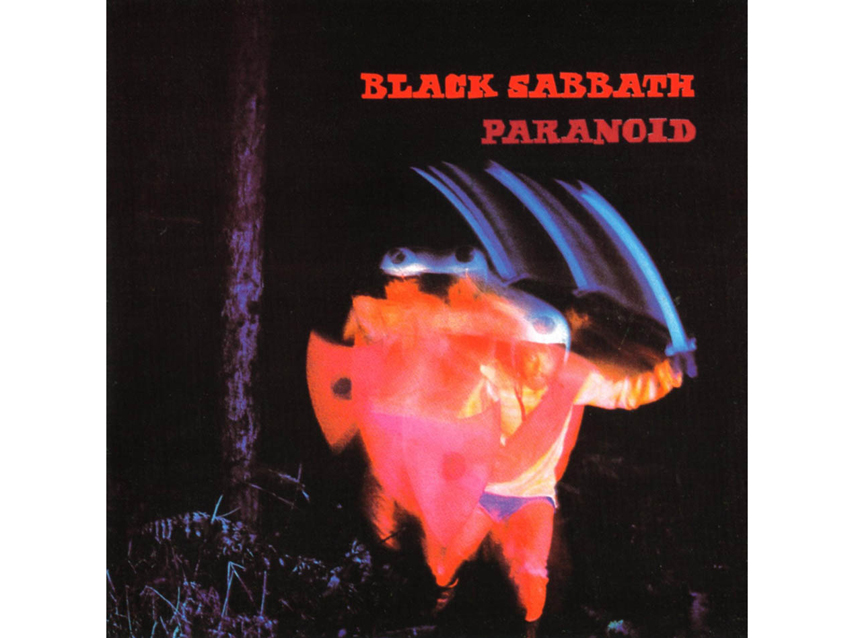
Black Sabbath - Paranoid (1970)
“When the song Paranoid came out, it shook the world. It was the song that every kid wanted to play on guitar. It was just like Smoke On The Water – you had to learn it.
“It was the darkest, heaviest stuff that any kid in my neighborhood ever heard. We all gravitated toward it. Black Sabbath became my band – them and Deep Purple. I was into them much more than Led Zeppelin, although I certainly loved them, too.
“I still play this record today. And, of course, it’s got Iron Man on it, which is a classic. A huge record.”
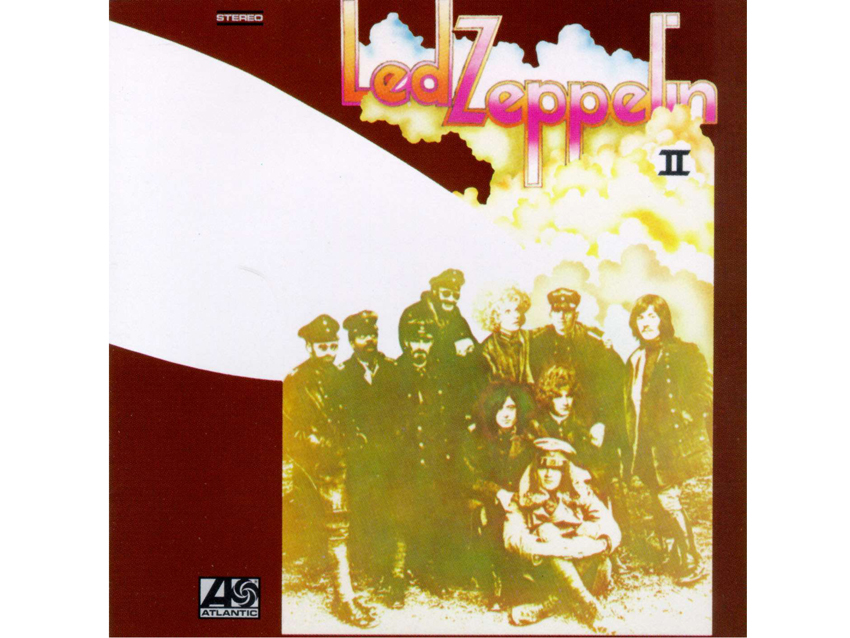
Led Zeppelin - Led Zeppelin II (1970)
“This was the first Zeppelin record I ever bought. It was pretty much the band’s introduction to America. Zeppelin I had Good Times Bad Times on it, and you kind of heard it, but with Zeppelin II they really shot to the top.
“It has some truly quintessential songs – Heartbreaker, Moby Dick, Whole Lotta Love. When I heard Moby Dick, it really opened up a whole new world for me as a drummer. I was like, ‘Oh, my God, this is one of the greatest drummers ever.’ I listened to the whole album front to back – it became a big part of my collection.
“When I was in high school, everybody was into Led Zeppelin. There was no Justin Bieber for us. There was no kids’ music, no MTV, no iTunes. But there was Zeppelin. They had a mystique to them – you couldn't go on Twitter and find out about them. I would even take Led Zeppelin II to school. I’d show it to people and talk about Atlantic Records and who produced the album. Who even talks about credits on a record anymore, you know?”
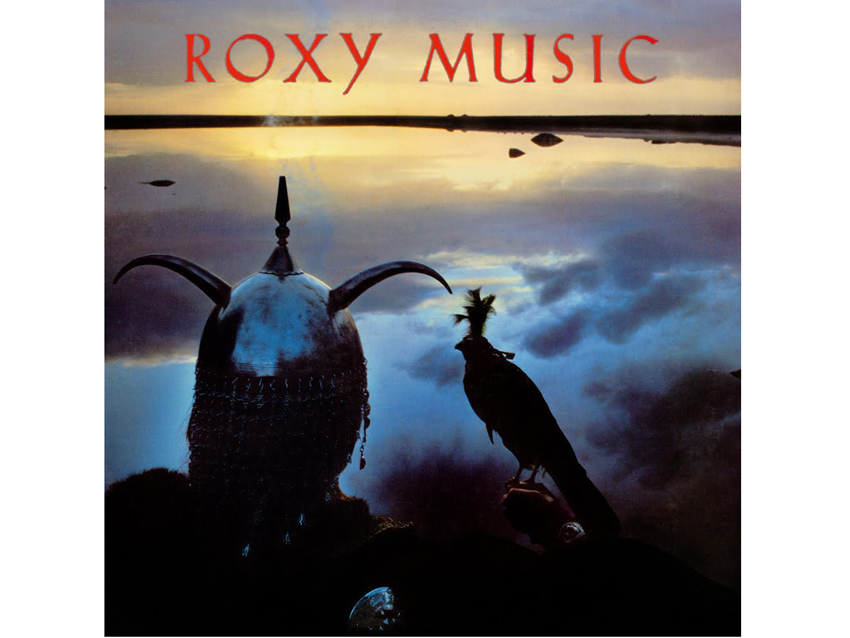
Roxy Music - Avalon (1982)
“I would say this was one of the band’s biggest releases, certainly in America. Avalon is beautifully recorded and has more of an epic sound than some of their earlier records.
“Bryan Ferry’s voice is utterly captivating. The record brought a new sensibility to some of the glam rock that was coming out of the UK at the time. I was starting to diversify as a listener, and this album opened me up to some new sounds and textures.
“Everything on the record is perfectly placed – the musicianship and the parts, the way the songs segued from one to the next. It was a special listening experience.”
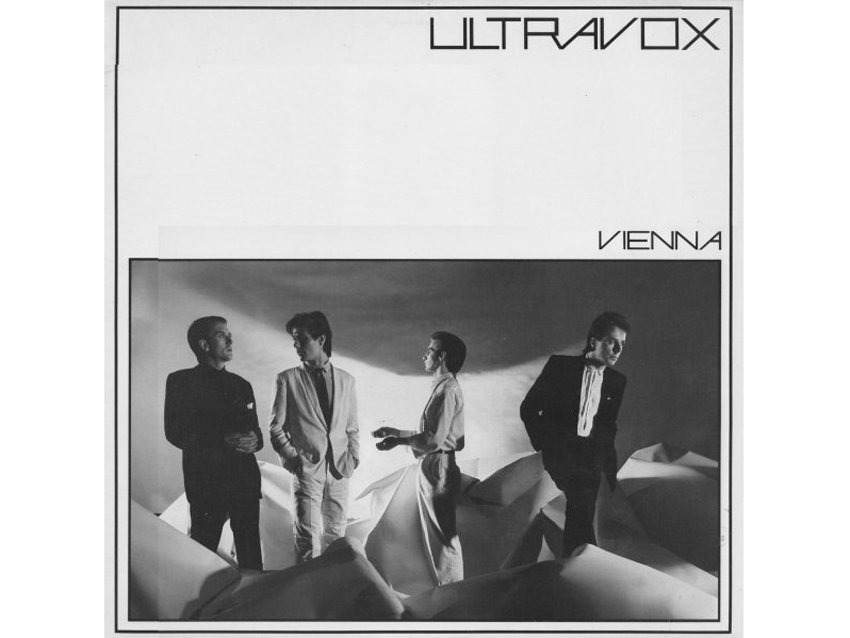
Ultravox - Vienna (1981)
“I began to discover different bands that were coming out of England. I was always looking for what was new. I’d heard Kraftwerk, I was dabbling in some new wave, and then I heard Ultravox. They had a rawness that was very believable to me; it wasn’t just kitschy electronic music.
“Midge Ure’s vocals and lyrics were things I could connect with. I listened Vienna a lot. This record and Avalon really exposed me to a whole different vibe.”
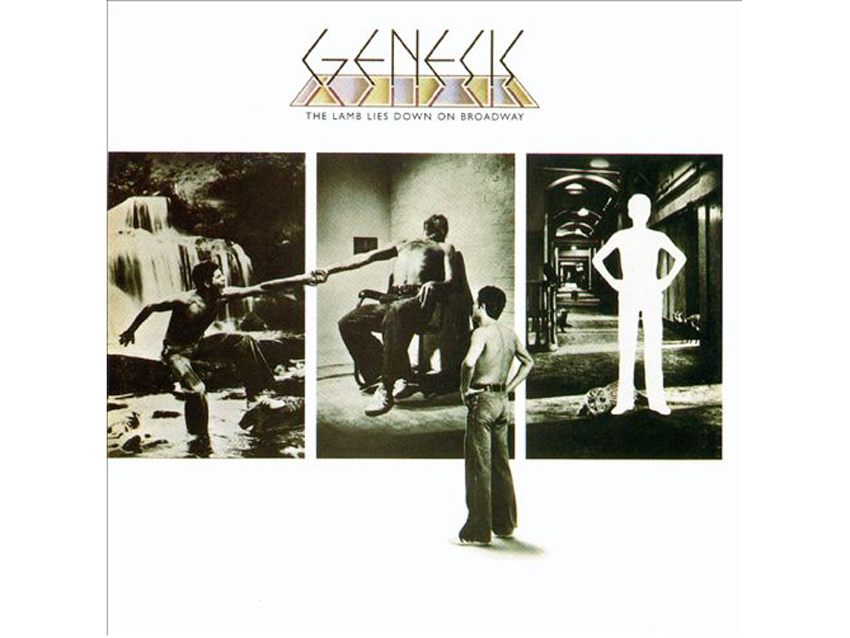
Genesis - The Lamb Lies Down On Broadway (1974)
“I had two buddies at school who were Genesis freaks, and they talked me into listening to this record by default, based around smoking a couple of joints. My one friend had a quadraphonic system, so we’d check things out on it.
“It was one of the first records I remember where the band was telling a story. Peter Gabriel was the singer at the time, and Phil Collins was on drums. It had all of these esoteric soundscapes things that pulled me right in. After this record, I went back and listened to their earlier stuff, and I became a real fan. Peter Gabriel wore these diamonds on his head – I thought, ‘Wow, theatrics!' This was theatrical but in a real progressive way.’”
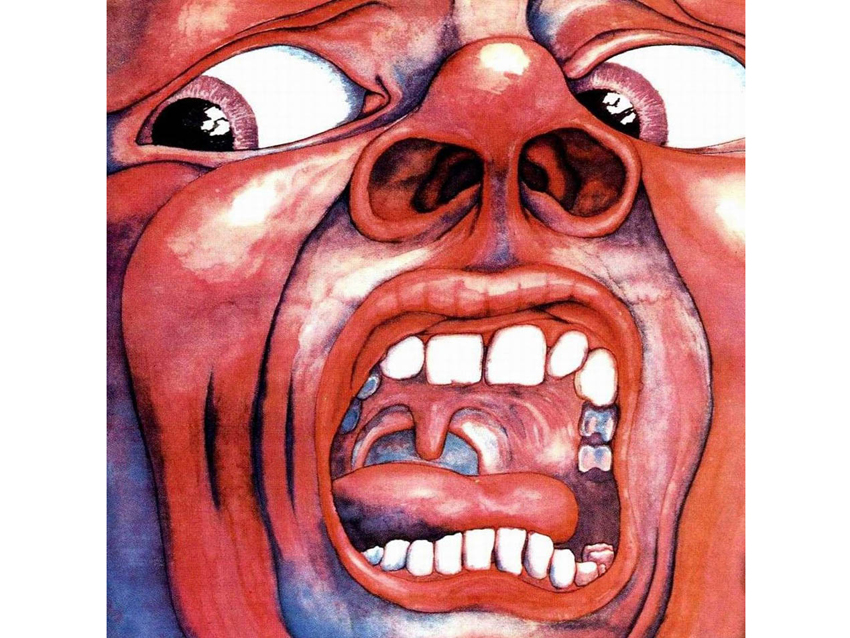
King Crimson - In The Court Of The Crimson King (1969)
“Once I got into Genesis, I started listening to King Crimson. This is the quintessential punk-rock prog album. These guys were the real deal. There was no messing around.
“It can be a challenging listen at first – early Pink Floyd with Syd Barrett could be challenging to a lot of people, too – but once you get into it and start listening to the lyrics, you find yourself really liking it. For me, this was at a time when I was really seeking out progressive music – band like Gentle Giant and Gong. I’d go to the import section in the record store for this stuff. It got a little weird for a while there.”
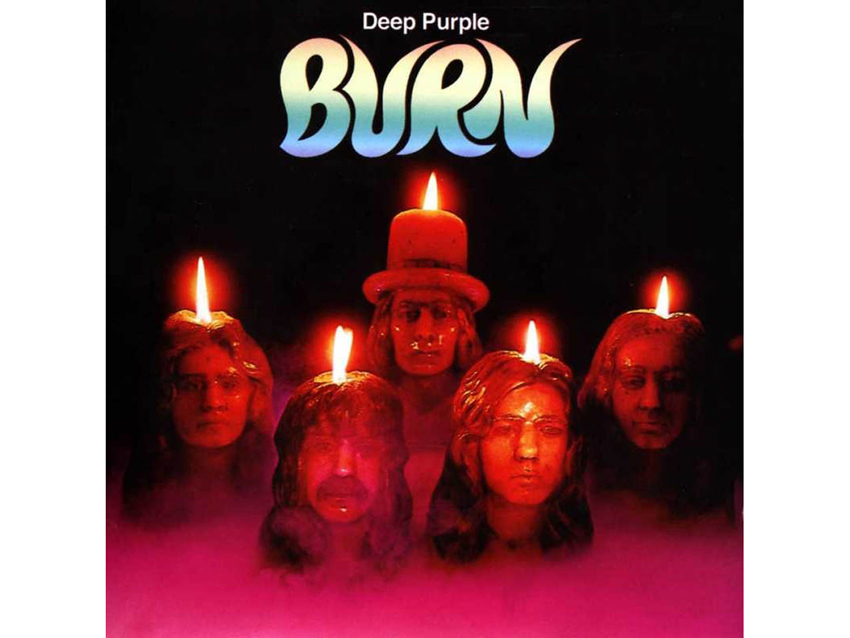
Deep Purple - Burn (1974)
“I got into Deep Purple before this record, but Burn was the one that I played front to back over and over. Ian Paice became my number one drummer, my godhead and the guy that I really tried to emulate.
“The Bonham thing was cool, Ginger Baker was cool, but I wanted to be fast. I wanted to be faster than the other guys and do all the tricky stuff. The title track is basically a one big drum solo underneath all the other music.
“I had Made In Japan and Machine Head, but Burn was the album that totally knocked me out. About this time, I went to see the band at the Long Beach Arena, and they were incredible. The MK III version with David Coverdale and Glenn Hughes was probably Purple's biggest period in America. The musicianship was amazing.”
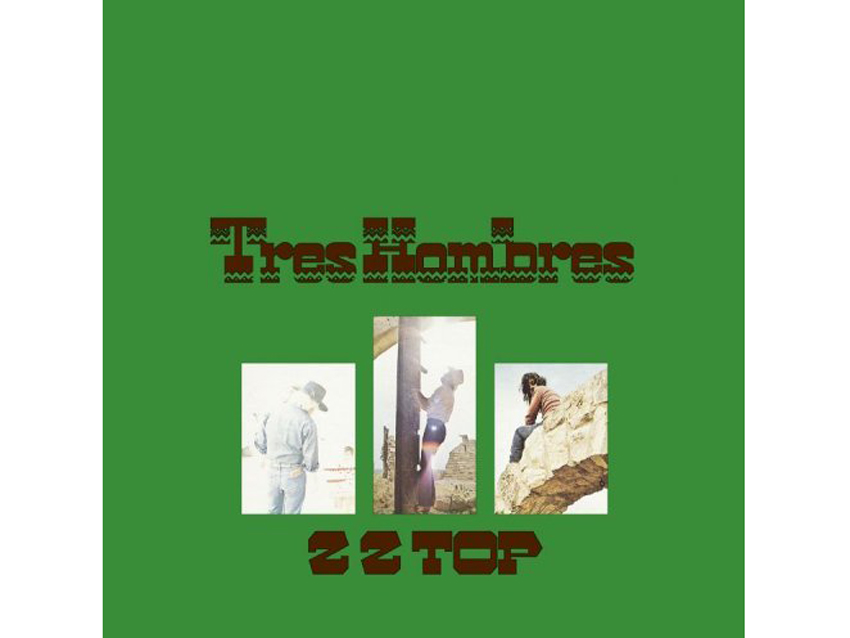
ZZ Top - Tres Hombres (1973)
“I got into ZZ Top because they were really in the mix in those days. They were a true rock band but with a Southern flavor. A friend of mine was listening to Charlie Daniels and Skynyrd and the Marshall Tucker Band, but when he gave me this record, I thought it had more of a rock ‘n’ roll rebel thing.
“It was the first time that I heard a rock shuffle. Beer Drinkers & Hell Raisers was such an Americana thing – I was listening to a lot of British rock at the time. Hearing ZZ Top was cool because they were dirtier than other bands.
“Such great tunes – Waitin’ For The Bus, Jesus Just Left Chicago, Le Grange. I went to see them at the Forum, the same place where Zeppelin and Alice Cooper played, and they were great. It was part of my youth, and I dug it.”
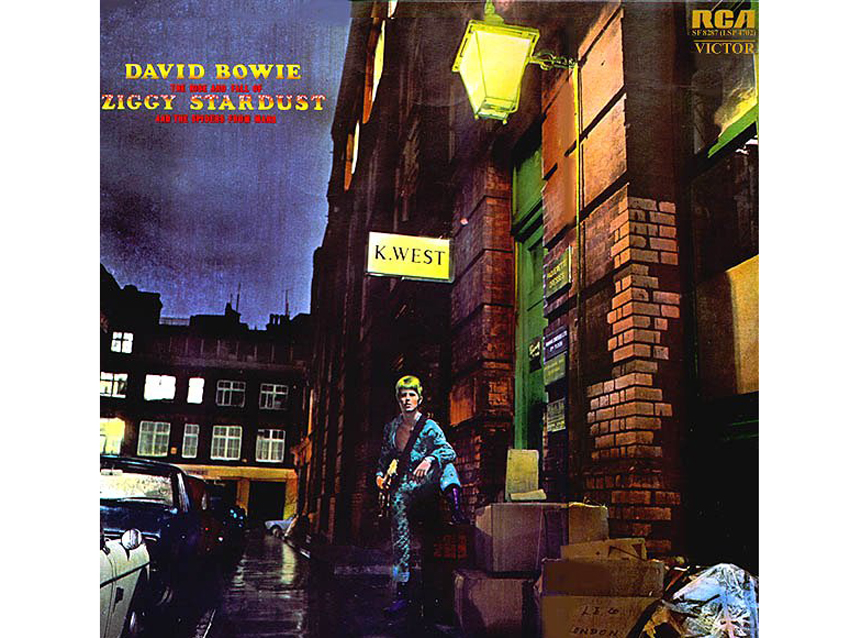
David Bowie - The Rise And Fall Of Ziggy Stardust And The Spiders From Mars (1972)
“The first album I bought was the Bowie live album. A lot of times, I would buy one record, and then I’d go back and buy the earlier ones. I went to see Bowie at the Forum, and everybody was dressed in the Ziggy thing; at this point, David was already onto the next thing, and he came out as the Thin White Duke in the suit. It blew people’s minds.
“The Ziggy album was that first one where you were like, ‘Wow, he’s taking on a different persona. Maybe that’s OK to do.’ He broke open the doors to exploring art. So many people have taken from him, his theatrical thing and the fashion side. He’s a true visionary.
“The songs are classic Bowie – Rock ‘N’ Roll Suicide, Suffragette City, every one of them. The record really holds up today.”
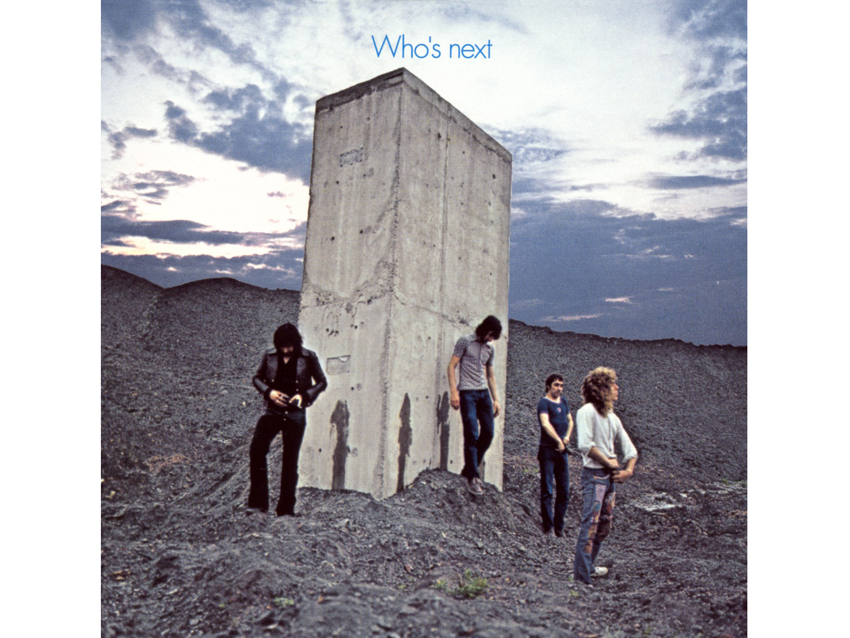
The Who - Who's Next (1971)
“When I was a kid, The Who played the Anaheim Stadium as headliners. In those days, that was massive stuff. And Keith Moon was the biggest star in the band. What a character! He was the guy who represented crazy rock ‘n’ roll rebellion. I wanted to be him. I wanted to be the guy who didn’t give a fuck what anybody said. Keith paved the way.
“Who’s Next was at the front of pile of records. It starts out with Baba O’Reilly – that wild synthesizer sound. You were like, ‘What the hell is that?’ And then when the drums came in like a herd of buffalo, you realized why this was the band that scared the shit out of The Rolling Stones.
“They raised the bar. Who’s Next is brilliant through and through.”
Joe is a freelance journalist who has, over the past few decades, interviewed hundreds of guitarists for Guitar World, Guitar Player, MusicRadar and Classic Rock. He is also a former editor of Guitar World, contributing writer for Guitar Aficionado and VP of A&R for Island Records. He’s an enthusiastic guitarist, but he’s nowhere near the likes of the people he interviews. Surprisingly, his skills are more suited to the drums. If you need a drummer for your Beatles tribute band, look him up.
